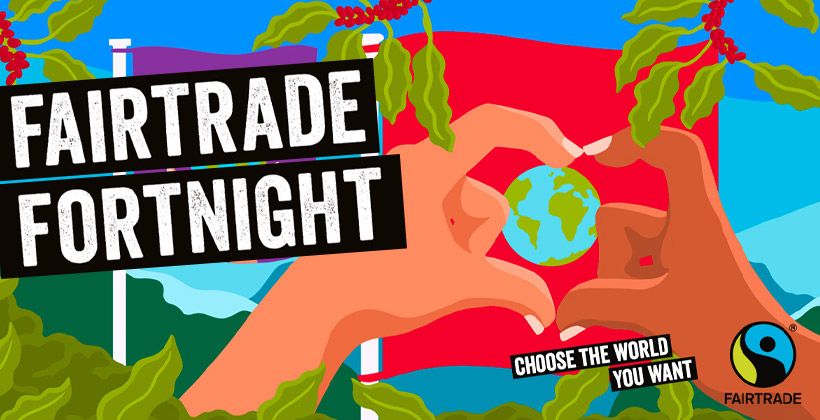Kingsland Drinks now accounts for 43% of all Fairtrade wine imported and sold in the UK. Kevin Wilson explains why it is such an important and growing part of its business.
Fairtrade has evolved from packs of coffee and chocolate in charity shops to over 4,500 Fairtrade certified products listed in all major multiples and hospitality outlets.
Since its launch in 1992, the Fairtrade Foundation has gone from strength to strength now counting products such as tea, sugar, flowers and fruit, cotton, nuts, grains, rice and of course, wine, in its repertoire.
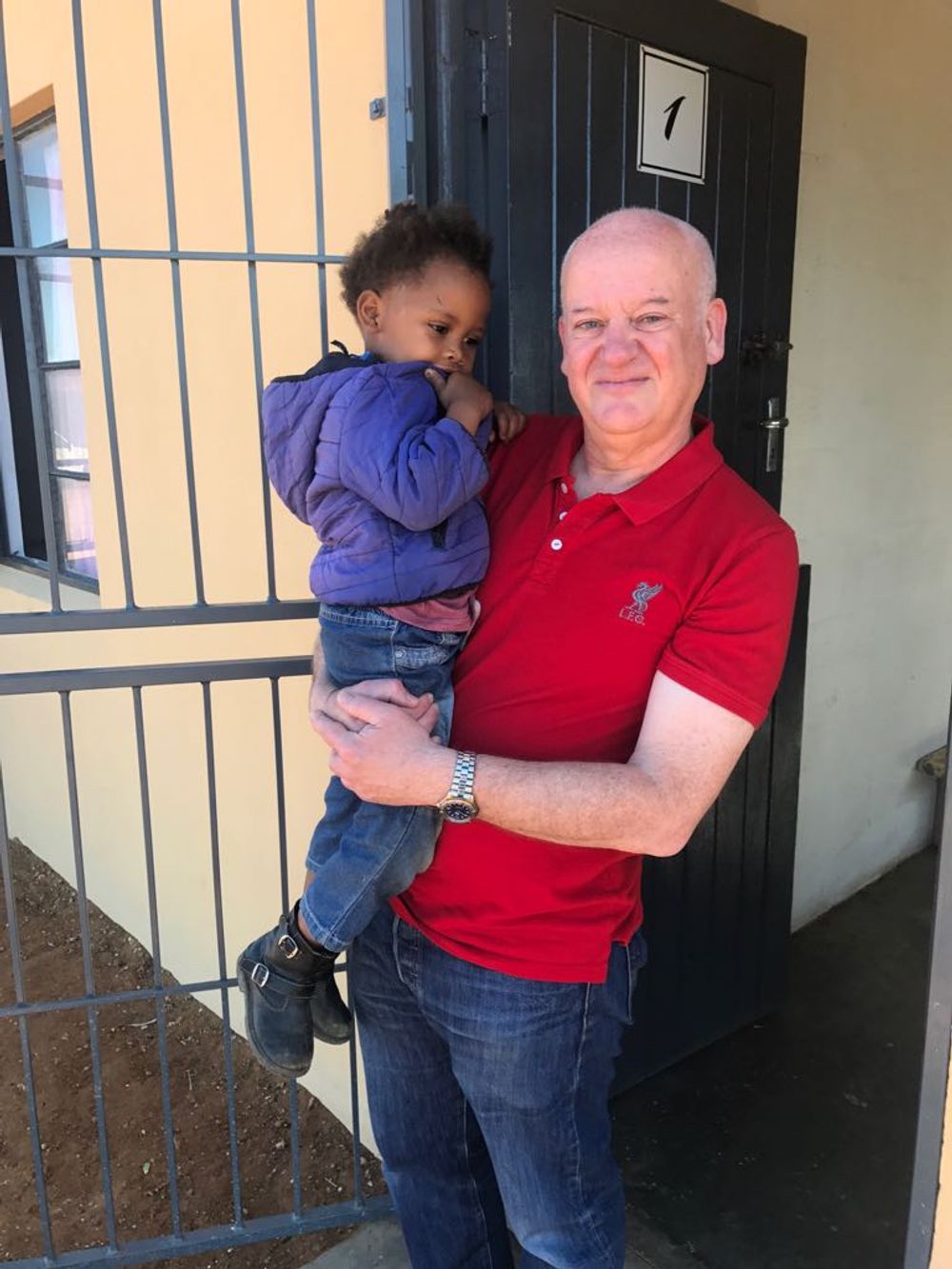
Kingsland’s Kevin Wilson at Lutzville in South Africa, one of the the Fairtrade producers it supports in South Africa
Four countries subscribe to Fairtrade labelling for wine: South Africa, Argentina, Chile and more recently, Lebanon, with South Africa by far the world’s largest producer of Fairtrade wines.
South Africa has a well-established network of producers and a willingness to embrace the requirements to support Fairtrade and their communities. Mainstream brands such as Bruce Jack now have Fairtrade wines available but the biggest opportunities lie outside of South Africa now for wine, with Chile and Argentina working hard to encourage more producers to sign up to the accreditation.
We’d love to see more regions, countries and producers sign up to Fairtrade accreditations, to support local workers, communities and businesses – we’ve heard that a winery in Tanzania is in the process of working towards it so that’s an exciting development to watch.
Fairtrade wines are stocked in pretty much every supermarket and the quality has certainly increased, as has availability and knowledge. The wines cater to a range of tastes, styles and budgets and we see regular columns and posts on Fairtrade wines by top wine writers and influencers, with many positive reviews.
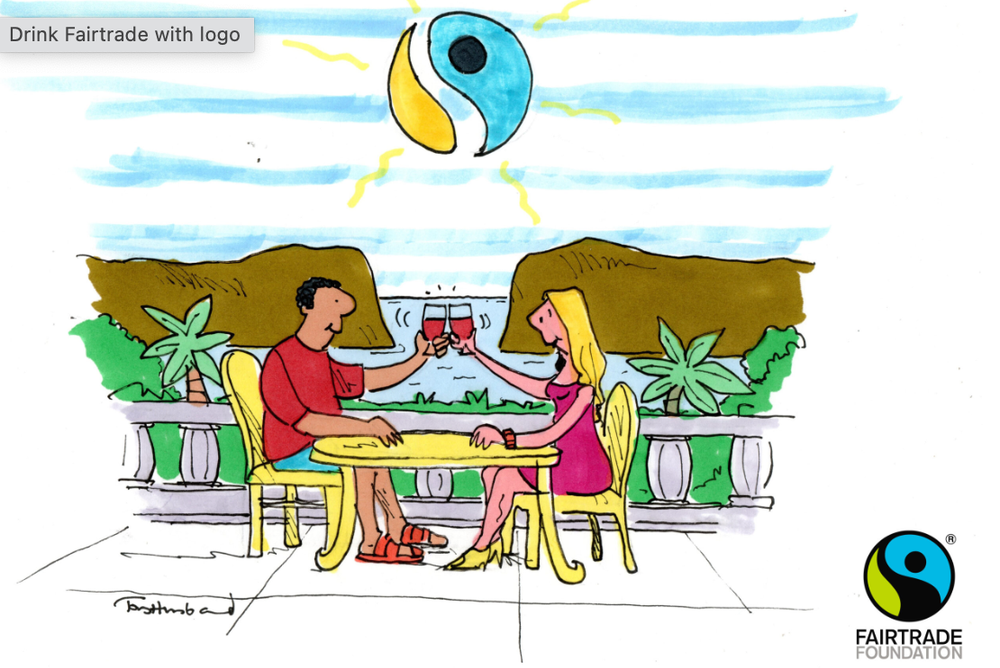
Faitrade is one of the key categories in the 2023 People’s Choice Wine Awards
Fairtrade wines frequently win awards from major publishing houses and drinks bodies, and the People’s Choice Wine Awards launched two Fairtrade categories in 2022 with South African submissions leading the way and being recognised for their high quality.
Biggest player
Kingsland Drinks is one of the most important importers for Fairtrade wines in the world, thanks to our supply partnerships with the key UK retailers including the Co-op, Tesco, and Marks & Spencer – all long term supporters of Fairtrade wines. Kingsland Drinks accounts for 43% of Fairtrade wines imported into the UK. We currently import wines from South Africa, and Chile, and our latest Fairtrade project is about to start in Argentina, with a Mendoza winery, following a trip out there in November 2022.
The Co-op is making huge strides in supporting Fairtrade wines – it’s the largest UK retailer for Fairtrade wines with 57 listed in total, 45 of them coming from South Africa. It was the first UK retailer to support Fairtrade and has been championing it for 25 years. It was the first to display the Fairtrade mark on its bananas, and launched the world’s first Fairtrade wine in 2004. In 2022 it moved all its own label South African wine over to 100%, the first major retailer to take such a step. It’s currently one of the largest Fairtrade wine sellers in the world.
We’re also seeing more Fairtrade wines stocked in Lidl and Sainsbury’s – proof that interest and demand for the wines are growing in the UK.
The process
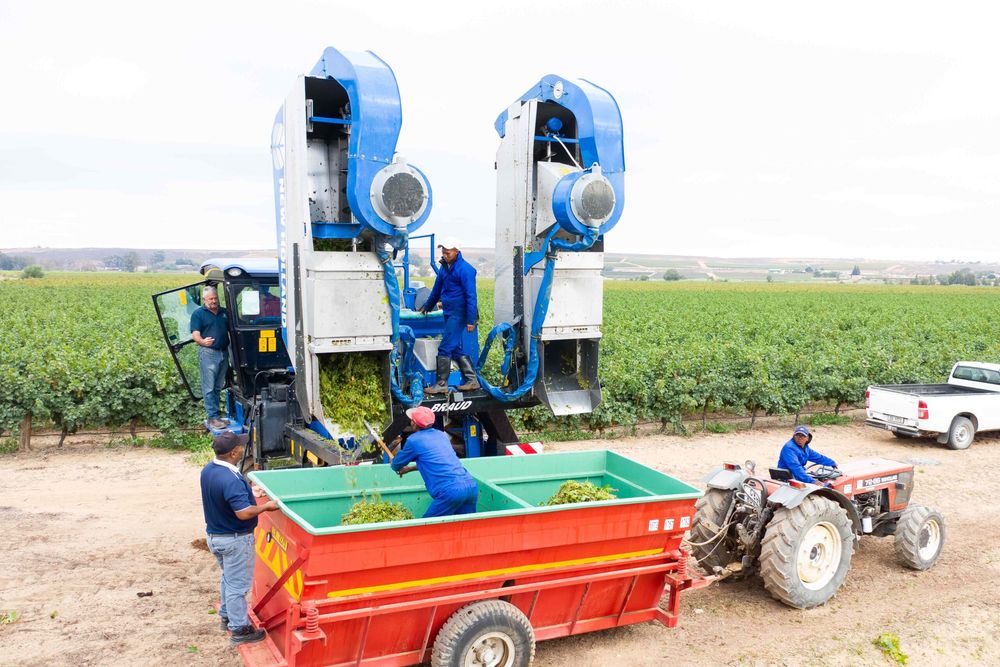
It can be a costly business to convert to Fairtrade production says Kevin Wilson
Obtaining Fairtrade status can be a costly business and it means Fairtrade wines are often more expensive on shelf. This can be a sticking point with some retailers. But purchasing Fairtrade wines brings so many benefits to the community that has produced the wine.
To become Fairtrade accredited, wineries must go through an audit process that is managed by FLOCERT, the global certifier for Fairtrade. And there are regular follow up audits on accredited wineries and their supplier partners like Kingsland Drinks. It is a strict process, so we make sure we comply with all of the necessary paperwork for the accreditation and support our partners on the ground where we can.
The Fairtrade standards are designed to address the imbalance pf power in trading relationships, unstable markets and injustices and displaying the official Fairtrade mark on a bottle of wine means the producers and traders have met the robust standards of certification.
DTC – direct to communities
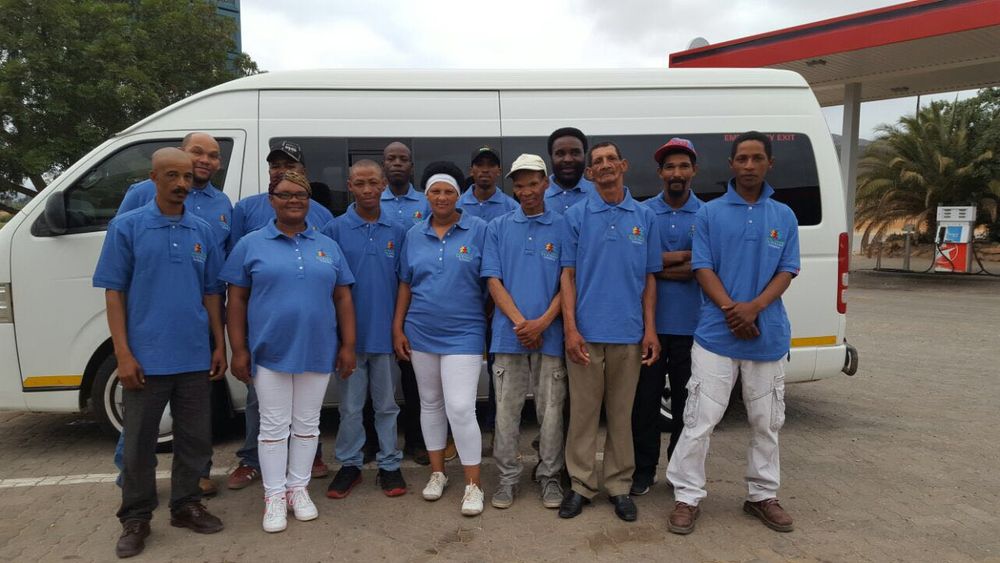
Fairtrade projects help to raise funds that can be used to support the local communities that make the wine – like here at Lutzville in South Africa
With Fairtrade there is a direct commitment to support the farm workers and the cellar workers for farms and wineries that are Fairtrade accredited. This can be anything from improving housing, to purchasing a minibus to support the local community. For every litre purchased, there is an agreed Fairtrade Premium that is paid direct to the Fairtrade Trust that is set up for each winery.
Fairtrade certification for wine ensures that farmers, workers, pickers, packers and producers receive a fair price, have health and safety standards, are paid a living wage, and have their rights protected. It also goes to support and invest in essential services in the community such as sanitation, education, healthcare and construction projects, as well as eco and sustainability initiatives.
In 2016, we were involved in setting up the single largest Fairtrade project in the world with Lutzville Vineyards, based in the north of South Africa, some three and a half’s hours drive north of Cape Town. Lutzville is a large bulk winery, and it was a major commitment for the company and the farm owners to become Fairtrade accredited, but we made it happen.
The workers on the farms had better quality housing as a result and the Project continues today with the lives of the community being enhanced by the support of the Fairtrade Premium. When the Project first started and we talked with the community as to how we could support them, their first request was for new winter school shoes for all of the children in the community.
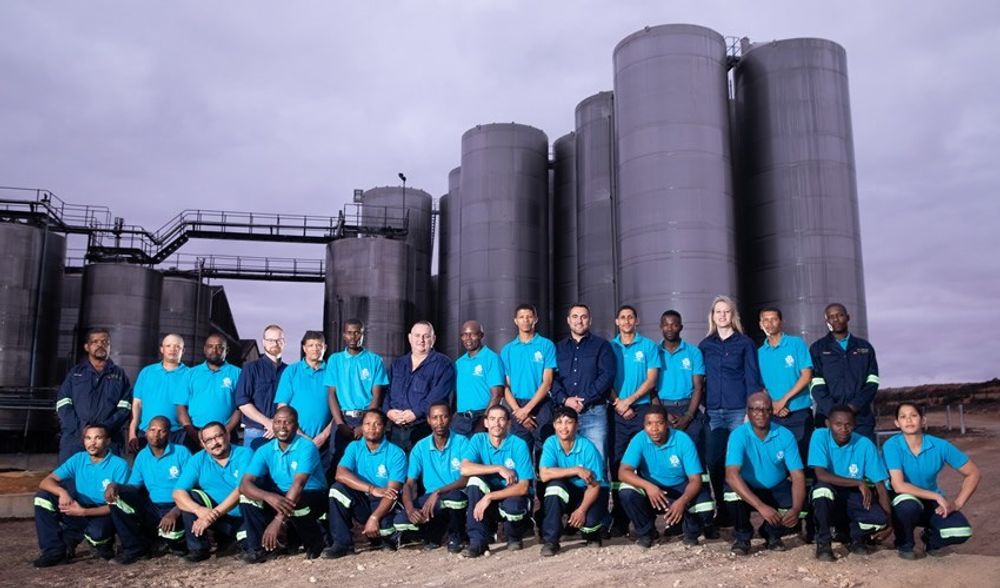
The Lutzville winery team – and the largest Fairtrade project in the world
In 2014, we started working with Caupolican in the Curico region of Chile – a group of 23 small vineyard owners, some owning as little as one hectare of vineyard. This has now become the largest exporter of Fairtrade wines from Chile, and we continue to work with them today and help to support the families and the communities. One of the Projects that was invested in was the building of a new library at a local school. In partnership with the local authorities, the library was built using the support of Fairtrade, and the education authority provided the books for the library.
For the Fairtrade Trusts that we are supporting, the communities can look at longer term projects such as purchasing land for a community farm, or support for children going onto further education such as Universities.
Fairtrade for today
Many businesses are placing their ethical values and sustainability initiatives front and centre of their business objectives and corporate messaging – now seen as essential by many consumers, who seek out those companies that strive for fairer trading and work to improve ethical practices.
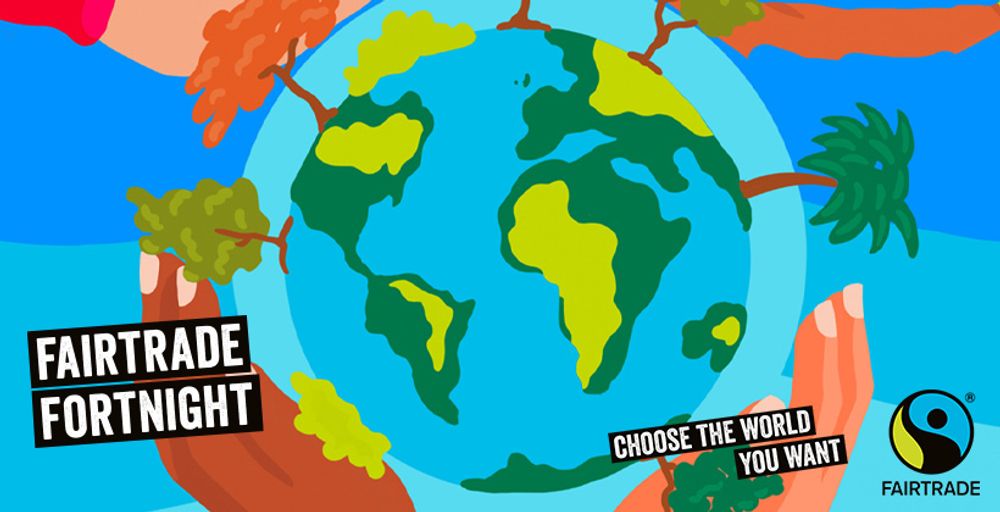
Fairtrade Fortnight has long helped to promote the role of Fairtrade across a number of grocery categories
To keep the concept topical and front of mind, national events such as Fairtrade Fortnight help drive awareness and support of companies and brands that subscribe to the accreditation and meet the Fairtrade standards.
Ethical concerns, sustainability, eco credentials, and the ‘green pound’ are all now mainstream terms all year round, and it’s essential for brands and retailers to appeal to shoppers who want to purchase products that are relevant to their lifestyles and align with their values.
A fairer future
The Fairtrade Foundation says sales of Fairtrade wine grew 10% in 2019, and further growth is forecast.
We’d love to sell a lot more Fairtrade wine, and we’re confident there is consumer appetite for these wines, but there is a shortage of wineries that are prepared to make the commitment to the accreditation process. It’s a huge commitment and the process can be time consuming, as many producers have more pressing priorities, especially during the current global economic crisis.
We would love to see more wineries in Chile and Argentina become involved with Fairtrade, as there is a real shortage of options from both countries that are Fairtrade accredited. We’re helping wineries where we can and in November 2022 we visited a new winery in the Lavalle region, north east of Mendoza, and we have been having further discussions since the visit for new Fairtrade business opportunities from the 2023 harvest in Argentina.
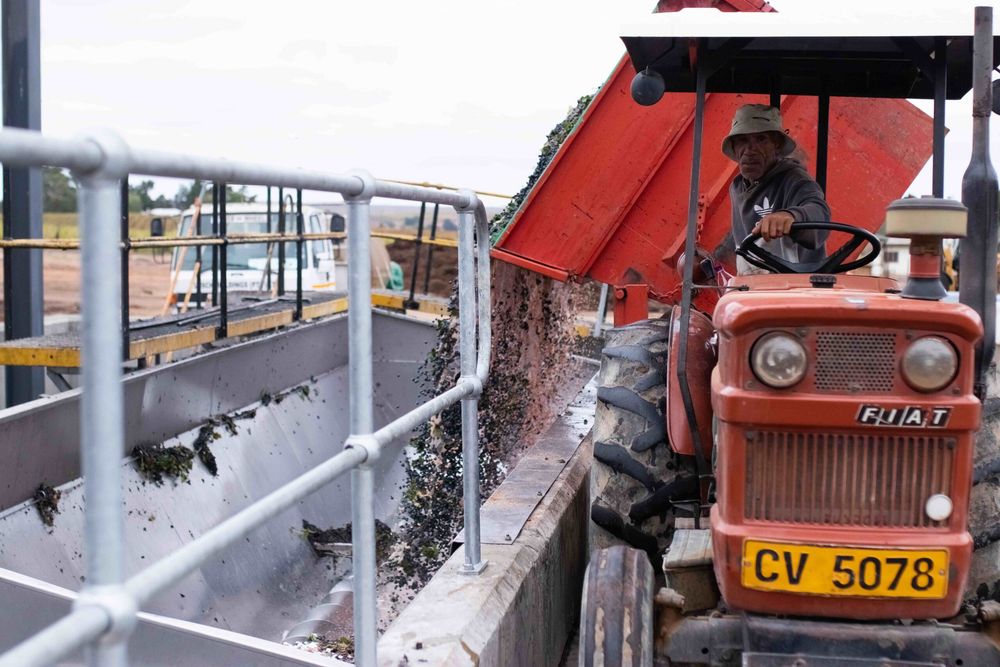
Kingsland Drinks hopes it can work with more Fairtrade producers around the world
The challenge for these regions is the consumer appetite and demand for the wines. The UK and Sweden are the two main markets for Fairtrade so it’s about increasing the awareness and interest in these wines in more wine-drinking nations to create greater demand.
Lebanon is the emerging region to watch for Fairtrade wines and we’ll be keeping a close eye on developments here, following the success of Co-op’s Coteaux les Cèdres du Liban from the Bekaa valley.
The future is bright for Fairtrade wines – the industry is slowly recovering and reverting to pre-pandemic production and consumption levels. The more retailers and brands that support these wines, the more available they become, and the more we communicate the quality and benefits of Fairtrade wines, the more the sector can thrive. It’s incumbent on all of us to ensure fair practices right through the wine production process and to educate consumers that every bottle of Fairtrade wine they buy has a direct positive impact on the lives of hundreds of farmers, growers and workers.
Cheers to Fairtrade wines.
- To find out more about Kingsland Drink’s Fairtrade wines, contact info@kingsland-drinks.com or visit the website www.kingsland-drinks.com. Kingsland Drinks is a commercial partner of The Buyer.
